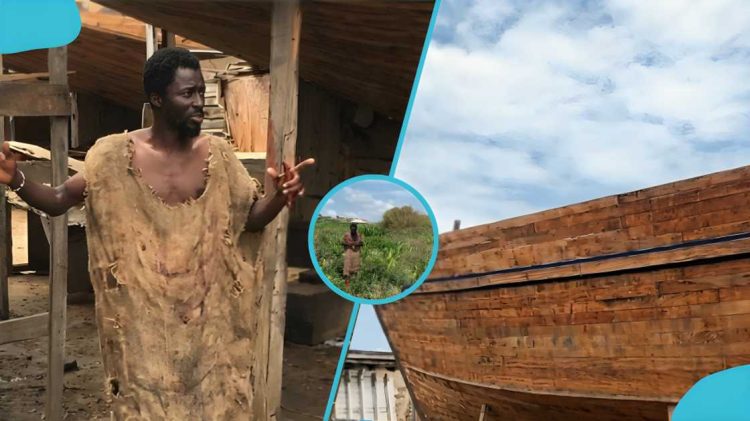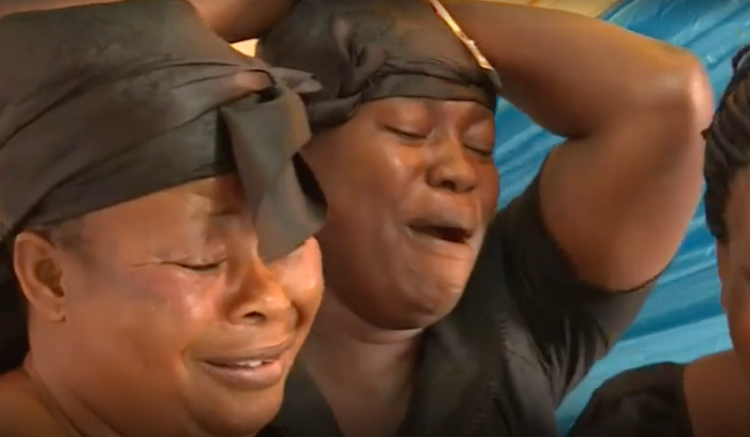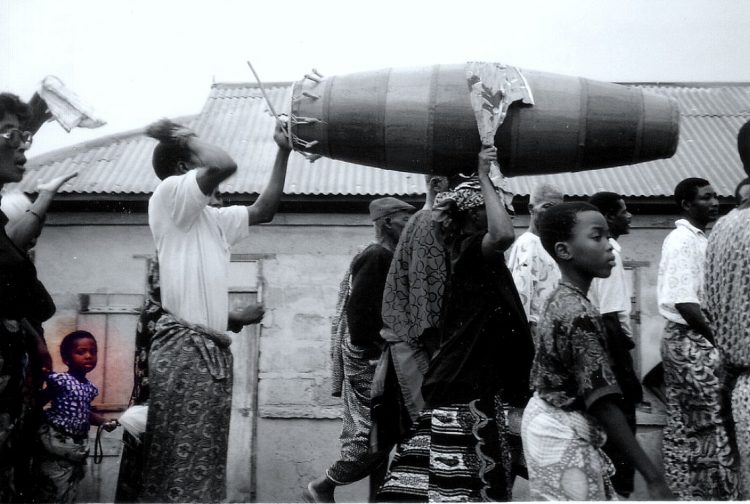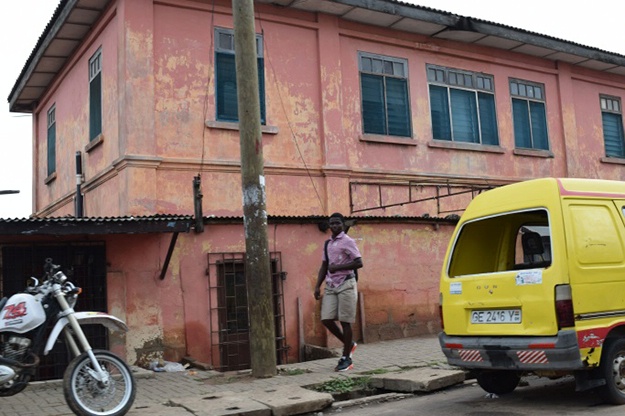Ghanian Noah Is Building Wooden Arks to Save Humanity from Imminent Biblical Flood

Ebo Noah, a self-proclaimed prophet from Ghana, in Western Africa, is building giant arks to save humanity from an imminent flood due to start on December 25th.
Ghana’s Drunkard Association Protests High Alcohol Prices

Ghana’s Drunkard Association has given the country’s government a three-week ultimatum to lower alcohol prices for both beverage vendors and consumers. One may be tempted to think that the Drunkard’s Association is just a stupid gimmick to draw the public’s attention, but this is one of Ghana’s most well-known informal organizations, boasting a member count […]
English Teenager Sues Parents for Tricking Him into Moving to Ghana

A 14-year-old English boy recently won a legal battle against his parents, whom he accuses of tricking him into flying to Ghana and then preventing him from returning home. The unnamed teen and his lawyers told a London Court of Appeal that in March of 2014, he was tricked by his parents into flying to […]
Woman Attempts Record-Breaking 127-Hour Sing-A-Thon

Ghanaian personality Afua Asantewaa Owusu Aduonum recently attempted to get her name into the Guinness Book of Records by attempting to sing continuously for 126 hours and 52 minutes. Last month, women’s rights advocate, journalist, and event organizer Afua Asantewaa Owusu Aduonum tried to beat a world record that had been standing for over a […]
Mafi Dove – The African Village Where Childbirth Is Taboo

The village of Mafi Dove, in southern Ghana, is home to around 5,000 people, almost none of whom were born here. Because of an archaic belief that childbirth in the village brings offense to the gods, expectant mothers are rushed to neighboring communities to deliver their babies there. Like many other Ghanaian communities, Mafi Dove […]
Ghana’s Professional Mourners Get Paid to Cry at Strangers’ Funerals

Some people find it hard to cry when their loved-ones’ die, but wailing and mourning are a big part of funerals in the African country of Ghana, as it is indicative of the deceased’ social standing or how beloved they were by their family and community. So it’s no wonder that some Ghanaians are willing […]
The Country Where Burying Someone Can Take Months Or Even Years

In most countries, people are buried within a few days of their death, but in the African country of Ghana, burials are complicated affairs that can take months or even years to prepare. In some communities, speedy burials are considered downright sacrilegious, so despite the wishes of the deceased and their immediate family, bodies spend […]
Ghana’s Dancing Pallbearers Send Loved Ones Off in Style

Families in Ghana are increasingly turning to troupes of dancing pallbearers to send their loved ones off in style, and bring some joy to what is usually perceived as a very sad event. Dancing pallbearers not only lift the casket at a funeral, they also lift the mood of attendees by putting on a show. They […]
Fake U.S. Embassy in Ghana Shut Down after Operating for a Decade

Authorities in Ghana have recently shut down a fake United States embassy in the capital Accra that had been issuing illegally-obtained but authentic visas for the last 10 years. The fake institution was being run by members of organized crime from both Ghana and Turkey. The real U.S. embassy in Acra is a large office building complete […]
Ghana’s Hilariously Awful Hand-Drawn Movie Posters

The West African nation of Ghana is home to a subculture of artists who create outlandish versions of popular Hollywood movie posters. The art form was at its peak in the nation during the 1980s and 1990s, commonly referred to as the ‘Golden Age of Movie Posters’. During this time, artists would let their imagination run wild in order to […]
This Is What They Call Coffins in Ghana

These are the famous “fantasy coffins” used by the Ga Tribe, on the coast of Ghana to both mourn and celebrate the death of a beloved family member or friend. The tradition of burying people in strangely-shaped coffins began roughly 50 years ago when a fisherman was set to rest in a funeral casket shaped […]
